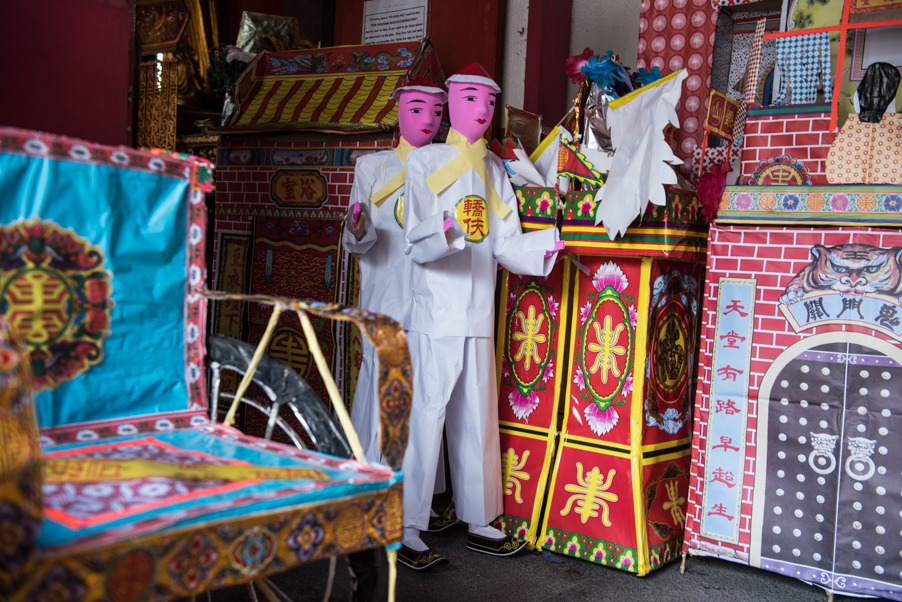Burnt Offerings Made of Joss Paper
Burnt offerings made of joss paper are among the many uses for this material. Often referred to
as incense papers 花蜡烛, these are commonly used for Chinese ancestral worship and Deity worship.
However, their use is not limited to these two practices. In fact, they are used in more than just
ancestral worship. Here are some of the other applications of joss paper. Let’s take a closer
look. This is a simple description of how they are used.

Joss papers originated in China, where they are a staple of the local culture. While this tradition
evolved to reflect modern consumerism in China, it has remained largely unchanged. In
Livingston, New Jersey, residents burned Joss paper during a vigil in honour of the victims of a
recent shooting https://jinpaper.com/collect. The burning of these items is a way to appease the ‘Hell Gods’ and seek
material goods.
Other uses of joss paper offerings include paying off debts and making life easier in the spiritual
realm. People burn these objects in their shrines at any time of the day or night. Others wait until
certain occasions, such as family gatherings, to perform the ritual. And still others choose to use
joss as a standalone activity. In either case, it is an excellent way to make offerings that can
make the world a more beautiful place.
While joss paper is often burned in its raw state, it is often offered to ancestral worship in some
areas. It is also used as an offering to the Deities, and is more common in Southern Taiwan. The
material is usually a gold or silver metallic square. The Xiaoyin is a small paper square that is
folded into a gold ingot. During the ceremony, joss paper is burned as is, and it is believed that it
is a symbol of good fortune.

Some Chinese cultures burn joss papers as a form of sacrifice. The practice is often considered
akin to the Buddhist practice of burying ashes, but is often forbidden by local authorities. As a
result, the ritual is not only a religious practice, but can also be an environmental hazard. Some
religions also believe that the burning of joss paper can affect the environment. The process can
be uncouth in a non-Chinese setting, so these traditions are tolerated.
Joss paper is traditionally burned to memorialize the deceased. In other cultures, it is also used
as ghost money. This practice has been around since ancient times, and it is common in many
cultures. It is used in funerals and is a common way to remember departed loved ones. During
the Chinese New Year, the custom of burning joss paper is widely popular in North America.
Some people even burn the papers before the Ching Ming festival to bring good fortune to the
family.
